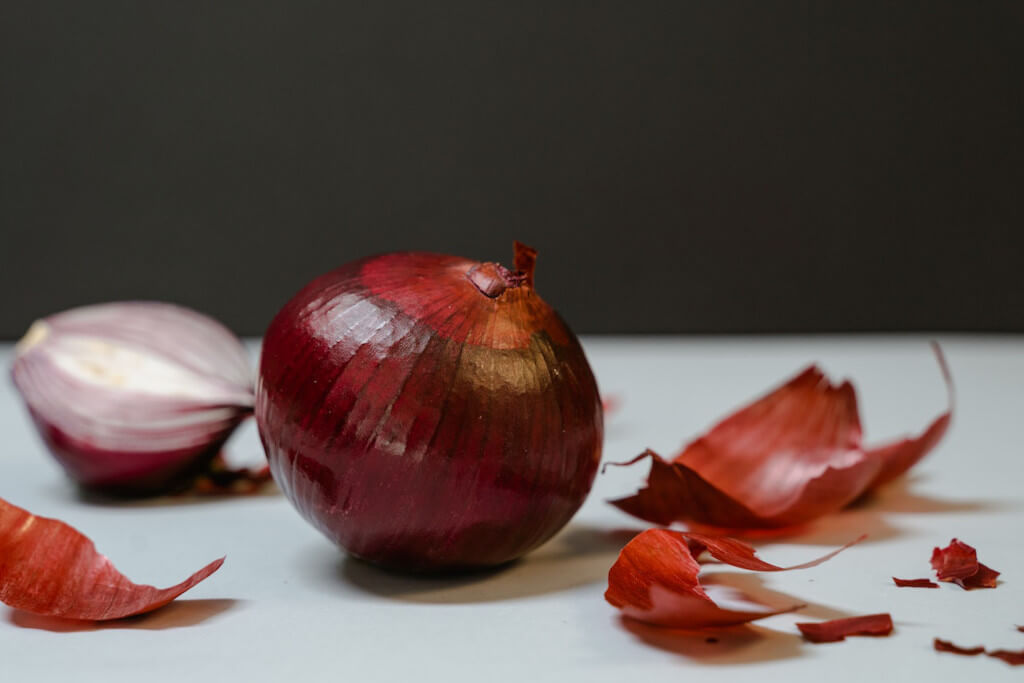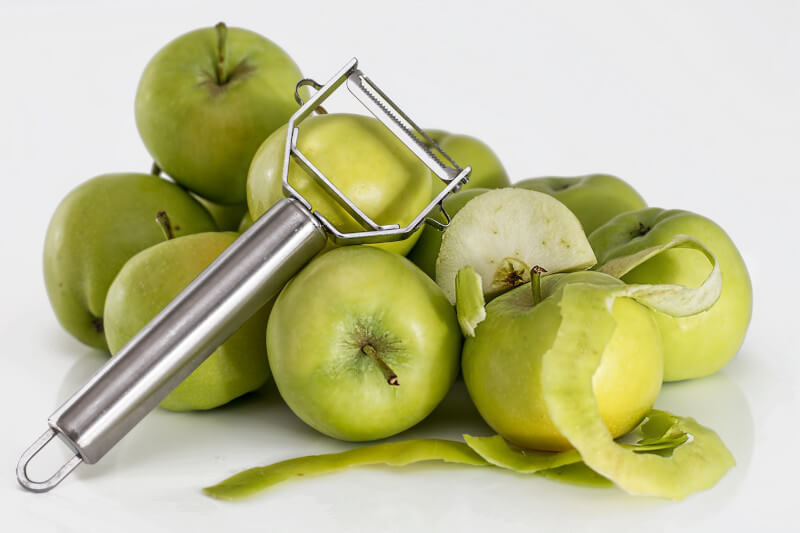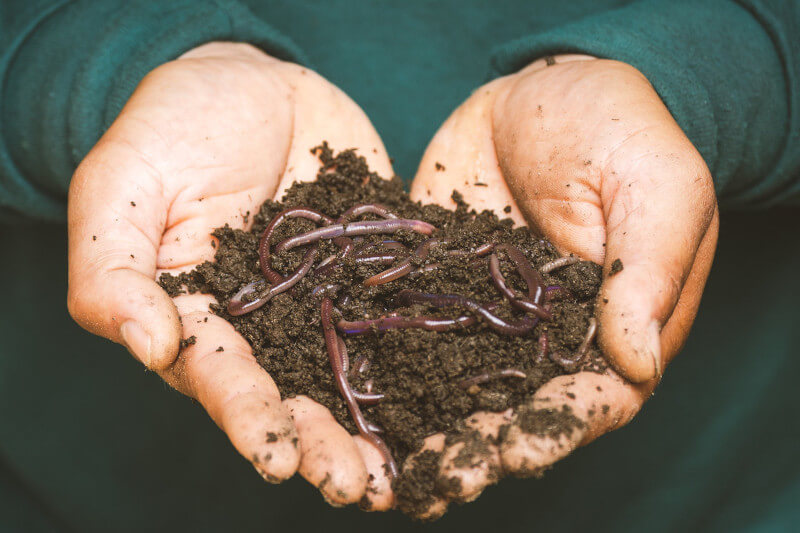
There are health benefits to be found in the peels of many fruits and vegetables. Peeling their vegetables and fruits is a common practice, but in many cases, this step is unnecessary.
In Fact, the Peel Contains a Variety of Vital Nutrients
Peels have an impact on the surrounding ecosystem, which is yet another argument against throwing them away. When it comes to preparing fruit and vegetables, many people’s first instinct is to peel them. However, in many cases, doing so is not required. The peel contains vital nutrients that are often overlooked. In addition to this, the peels of fruits and vegetables that are thrown away are a contributor to climate change.
Fruits and vegetables are packed with essential nutrients, including vitamins, minerals, fiber, and a wide variety of phytochemicals, which are found in plants and include antioxidants (substances that protect your cells from harm). Consuming insufficient amounts of foods that are rich in nutrients is associated with an increased risk of developing chronic diseases such as cardiovascular disease and type-2 diabetes.

According to the most recent findings from the World Health Organization (WHO), insufficient consumption of fruit and vegetables is responsible for approximately 3.9 million deaths each year across the globe. Many individuals struggle to meet the World Health Organization’s recommendation of consuming 400 grams of vegetables and fruits on a daily basis. Therefore, would the consumption of the peels of fruits and vegetables, which are rich in important nutrient content, help resolve this problem?
They Are Capable of Making a Contribution
For instance, the peel of seven different root vegetables, including beetroot, field mustard, wild carrot, sweet potato, daikon, ginger, and white potato, contains nutritionally significant amounts of minerals and vitamins. Vitamin C and riboflavin are two examples of vitamins, while iron and zinc are two examples of minerals.
In addition, research conducted by the United States Department of Agriculture found that unpeeled apple varieties contained 15% more vitamin C, 267% more vitamin K, 20% more calcium, 19% more potassium, and 85% more fiber compared to their peeled counterparts. Additionally, many peels contain a high concentration of phytochemicals that are biologically active. These phytochemicals, such as flavonoids and polyphenols, have antimicrobial and antioxidant effects.
Peels Have an Impact on the Surrounding Ecosystem
This is yet another argument against throwing them away. The Food and Agriculture Organization of the United Nations estimates that unused food, including peel, is responsible for between 8 and 10 percent of the world’s total greenhouse gas emissions. (Methane, the most powerful of greenhouse gases, is produced when food decomposes in landfills.) Even though it has inhabitants of only 5.1 million citizens, New Zealand observes that it throws away 13,658 tons of vegetable peels and 986 tons of fruit peels each year.
Why then do people bother peeling fruit and vegetables, given that the peel already contains a significant amount of nutrients and that it contributes to the waste of food? Some foods, such as bananas, oranges, melons, pineapples, mangoes, avocados, onions, and garlic, need to have their skins peeled because the outer layers are poisonous, do not taste good, are difficult to clean, or all of the above. Additionally, peeling may be an essential step in the preparation process, as is the case when making mashed potatoes, for instance. But despite the fact that the peels of many foods—including potatoes, beets, carrots, kiwis, and cucumbers—are edible, most people remove them.
Pesticide Particles
Peeling fruit and vegetables may be done by those who are concerned about the presence of pesticides on the outer layer of the food. There is no question that pesticide residues are stored on or just beneath the surface, but the depth to which they are buried varies greatly depending on the species of plant. On the other hand, washing can get rid of the majority of these residues. It is recommended by the Food and Drug Administration of the United States that people wash their produce meticulously under cold water and clean it with a bristle brush to remove any chemicals, dirt, or pesticides that may be on it.
Cooking methods like boiling and steaming, for example, can help decrease the amount of pesticide gunk left on food. However, having to wash your produce and cook your food does not get rid of all pesticide residues. Individuals who are worried about the number of pesticides they are exposed to might prefer to peel the fruit anyway. In some nations, such as the United Kingdom, you can obtain a list of the pesticides that are contained in various types of fruit and vegetables by contacting the Pesticide Action Network. This can assist you in determining which fruits and vegetables require peeling and which ones can have their peels consumed.
Do Your Research

There is a wealth of information available online that can assist you in finding out more about the peels of fruits and vegetables, as well as what you can do with them. This information includes guidance on how to utilize peels for composting, to feed a wormery, or to incorporate them into recipe ideas. You can contribute to the reduction of waste and raise the amount of fruit and vegetables you consume with some research and ingenuity on your part. Isn’t it at least worth a shot? You will also be contributing to one of the United Nations’ Sustainable Development Goals, which is to halve the amount of food that is wasted by the year 2030.



